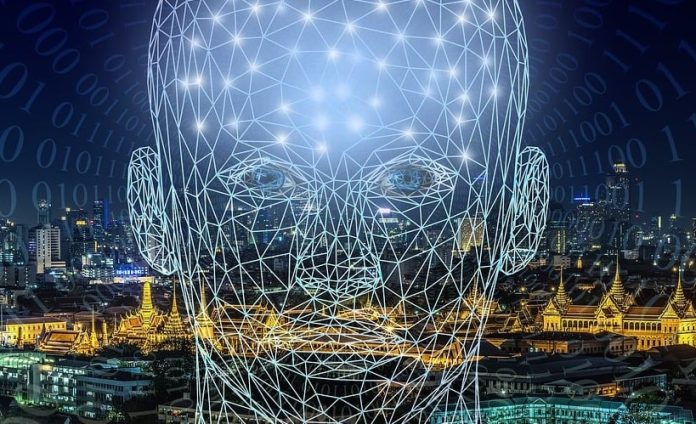By Jordi Romero, below, CEO and co-founder of digital workforce management solution, Factorial
 Despite the many proven benefits of embracing Artificial Intelligence (AI) in the workplace, fears persist that the technology will destroy jobs. And with major companies like BT announcing replacing up to a fifth of its 55,000 recently dismissed staff with AI, it’s not surprising many are concerned about the impact AI could have on the future of business.
Despite the many proven benefits of embracing Artificial Intelligence (AI) in the workplace, fears persist that the technology will destroy jobs. And with major companies like BT announcing replacing up to a fifth of its 55,000 recently dismissed staff with AI, it’s not surprising many are concerned about the impact AI could have on the future of business.
However, history has shown that technological advancements have more often led to the creation of new roles than the destruction of existing jobs. Businesses across all sectors are increasingly adopting generative AI tools like Chat GPT to support processes and staff.
But what does this mean for HR professionals? While AI may empower HR and business leaders to better understand their people and enhance processes in order to deliver significant impact, HR will always require human skill, knowledge, and empathy – capabilities that AI (at least currently) does not have. If implemented successfully, HR departments can use AI to streamline processes, unlock valuable insights, and most importantly elevate the employee experience. Here we discuss the ways AI can support HR managers for the better, and its limitations.
The benefits of AI
AI has the potential to revolutionise HR processes by automating repetitive and time-consuming tasks. Dealing with day-to-day on hand to deal with day-to-day queries can be time consuming but AI can be leveraged to enhance almost all administrative tasks; from annual leave requests and payroll to talent mapping and development strategies.
In particular, time spent on recruitment and candidate screening processes can be significantly reduced using AI-powered tools to analyse CVs, scan profiles for relevant skills, and even conduct initial interviews. This not only saves a huge amount of manual hours for HR departments, but using AI to run recruitment screening can also enhance objectivity and reduces bias, ultimately leading to fairer hiring practices and creating a more diverse workforce.
And not only will AI free up time for HR staff but it will also mean existing staff and prospective candidates can receive responses to their queries almost instantly. With its human-like responses, AI technology can be integrated into a company’s HR software to provide support 24-7 in a way that is not possible for a HR manager.
As AI automates routine tasks, HR professionals can upskill and take on more strategic responsibilities, such as leveraging AI insights to shape workforce strategies, fostering innovation, and leading change management initiatives.
AI-powered analytics can also help HR professionals utilise datasets they might be sitting on without even knowing and make data-driven decisions. By analysing vast amounts of employee data, AI-powered tools can identify patterns, trends, and potential issues, enabling HR leaders to proactively address challenges the workforce may be encountering.
By leveraging AI, HR leaders can even predict employee turnover, and design targeted programs to help create a more productive and satisfied workplace, reduce employee turnover rates, and drive business success.
The Human Touch
While AI has numerous advantages, it is crucial to acknowledge the irreplaceable value of human interaction. An HR manager’s empathy, emotional intelligence, and critical thinking skills are indispensable when it comes to dealing with sensitive matters such as conflict resolution, employee well-being, and personal development. It goes without saying that these situations cannot be addressed with the same sensitivity and compassion if employees are left to deal with a AI-powered chatbot.
What’s more, an organisation’s culture is shaped by the values, relationships, and company ethos, that HR professionals play a crucial role in creating. Replacing HR managers with AI alone could fracture a company’s culture and result in employees feeling undervalued and overlooked by their employer.
Supporting staff wellbeing, boosting morale, and establishing a positive and supportive company culture that invests time in their employees is key to staff retention and low turnover. So, in order to stay competitive in a highly saturated job-market, it is crucial that HR’s human face and personal connection is not lost.
AI has great potential to enhance HR processes, but businesses must embrace this change as an opportunity for growth and transformation rather than fearing the rapidly advancing technology. Equally, while businesses may be tempted to downsize their HR teams as new AI tools enable menial tasks to be automated and reduce workloads, it’s vital that businesses maintain the human face of their HR team if they would like to retain and attract the best staff, and ensure their business preserves a positive work culture and ultimately thrives.


